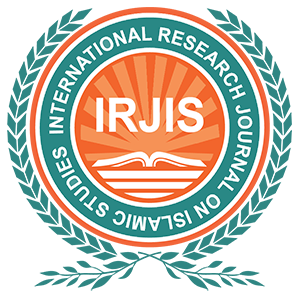Abstract:
This research article explores the significance of asking questions as a vital tool for acquiring knowledge within the framework of Islamic Shariah. The act of inquiry is not merely encouraged in Islam but is considered a fundamental aspect of the learning process, as evident from numerous verses of the Holy Qur’an and traditions of the Prophet Muhammad (ﷺ). The study highlights how the companions of the Prophet (Sahabah) would frequently ask questions to understand matters of faith, practice, and jurisprudence, thereby setting a precedent for future generations. Various hadiths have been examined wherein the Prophet (ﷺ) appreciated intelligent questioning and responded with detailed, enlightening answers. The research article also outlines the etiquette (adab) of asking questions, including sincerity of intent, respect for the teacher, and timing. Furthermore, the paper discusses the spiritual and intellectual benefits of questioning, such as clarity of understanding, protection from ignorance, strengthening of faith, and enhancement of critical thinking. By drawing upon authentic sources, this research article emphasizes that asking appropriate questions is not only a means of personal growth but also a communal responsibility to preserve and promote true Islamic knowledge. The research concludes by encouraging contemporary Muslims, particularly students and scholars, to revive this noble tradition in the prescribed manner.
Keywords: Islamic Shariah, Knowledge, Asking Questions, Qur’an, Hadith, Companions, Etiquettes of Inquiry, Learning in Islam, Benefits of Questioning, Islamic Education

